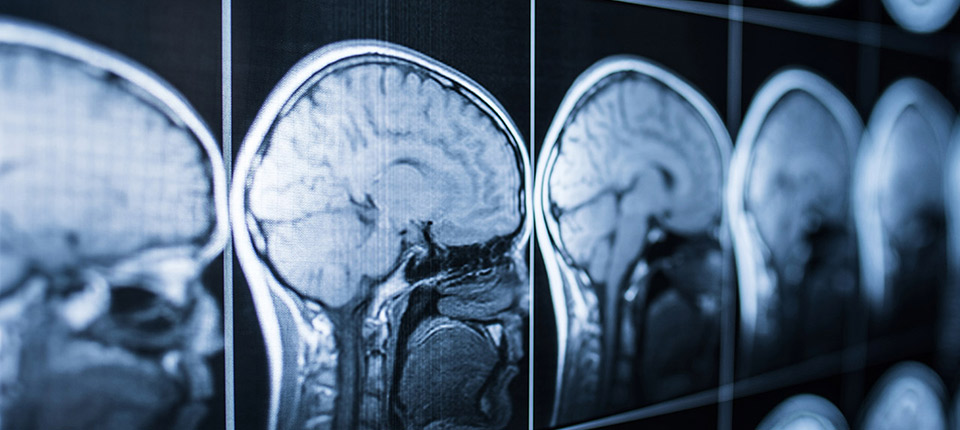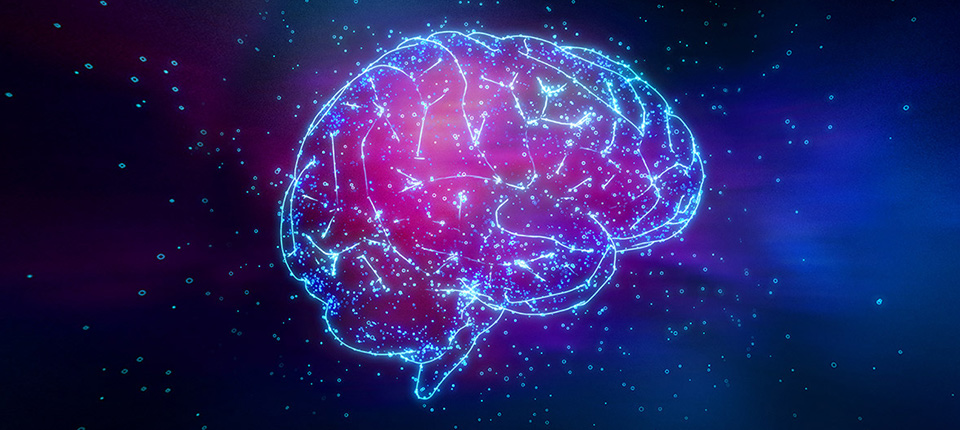Traumatic brain injuries (TBI), including concussions, are common, and not only within the sports world. An estimated 4.8 million emergency room visits per year can be attributed to TBIs, and roughly 40% of all concussions are caused by slips and falls.
However, there has never been an objective method of assessing patients suspected to have sustained these invisible injuries—until now.
The main hurdle to recovery is that these injuries are often undiagnosed or misdiagnosed. Previously, concussions and TBIs have been evaluated through methods such as CT scan, patient questionnaire, or a neurological exam, which, in some cases, are not empirical on their own. For a condition that impacts millions annually and poses short-term risk, long-term risk, and even death—objective testing used in tandem with these methods is crucial.
The first rapid handheld objective blood test for concussions
Our i-STAT TBI plasma test is the first rapid handheld traumatic brain injury (TBI) blood test, which will help clinicians assess individuals with suspected mild TBIs, including concussions. Tests results are available within 15 minutes after plasma is placed in the test cartridge.
TBIs, including concussions, refer to an alteration in brain function, caused by an external force. This test measures specific proteins present in the blood after a TBI. A negative result on this test can be used to rule out the need for a head CT scan, a common tool used to evaluate concussion. For those who test positive, this test result complements CT scans to help clinicians evaluate whether someone has a TBI.







FOLLOW ABBOTT